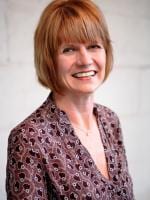Going Public: Historians, Public History and the Power of Place
Abstract
What is the role of historians in public history? Are they revered experts and instigators? Equal collaborators? Or do they just provide the ‘colourful’ stories in public history projects? Drawing on historians’ work with archaeologists, museum curators, local historians, film-makers and Aboriginal people over the past thirty years, this paper will argue that public history is a distinctive kind of historical practice, indeed a distinctive kind of history, because of its connections to places and people. Historians need to go public. Public history has the power to foster historical consciousness of place, to connect people in shared understandings of the past and present, in ways that are essential for caring for places, and for social justice and reconciliation.
Speaker’s Bio
Professor Grace Karskens teaches Australian history at the University of New South Wales, Sydney. She is a leading authority on early colonial history and also works in cross-cultural history and environmental history. Grace began her career as a public historian and is committed to promoting historical understandings and awareness to wide audiences. She has served as a Trustee of Sydney Living Museums and of the Dictionary of Sydney. Her latest book The Colony: A History of Early Sydney won the 2010 Prime Minister’s Literary Award for Non-Fiction and the US Urban History Association’s prize for Best Book 2010. Her next book, People of the River, is a history of Aboriginal and settler peoples on the Hawkesbury-Nepean River from deep time to about 1830.

